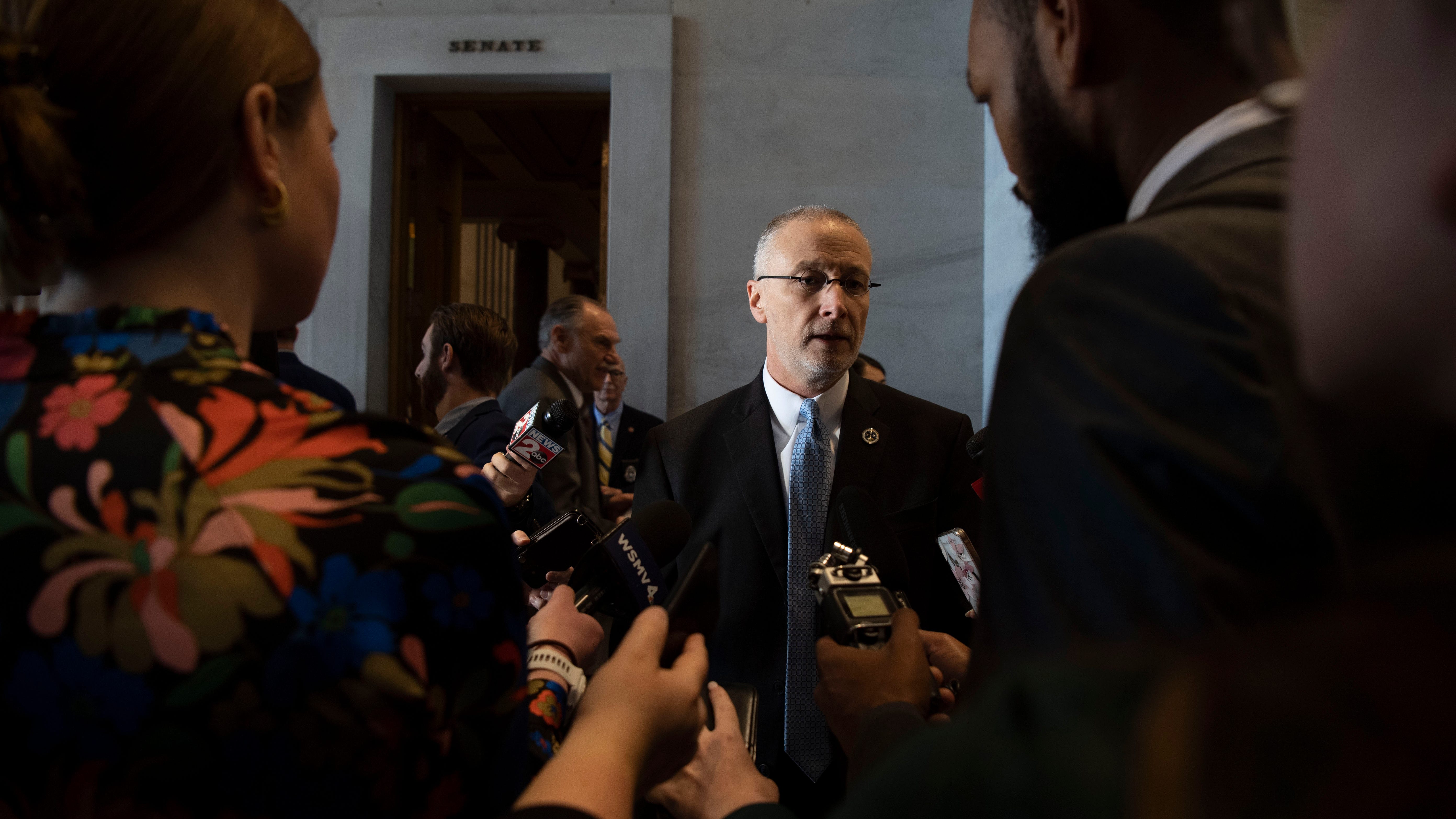Tennessee lawmakers give final approval to ‘chemtrails’ bill
Tennessee legislation banning the intentional release of chemicals into the air is headed to Gov. Bill Lee’s desk to be signed into law.
The bill has been criticized as codifying a ban on “chem trails,” a widely debunked conspiracy theory that the federal government is spreading chemicals for nefarious reasons, though House sponsor Rep. Monty Fritts, R-Kingston, said he brought the bill due to ongoing weather and climate control practices.
HB 2063/SB 2691, which House Republicans gave final passage to Monday, bans the “intentional injection, release, or dispersion” of chemicals within Tennessee “with the express purpose of affecting temperature, weather, or the intensity of the sunlight is prohibited.”
Processes such as cloud seeding, where clouds are aerially blanketed with a compound called silver iodide to boost rainfall, have been used in weather and precipitation management since the 1940s, particularly in the American West during drought conditions.
“I would offer that what goes up must come down. When we inject those aerosol compounds and chemical compounds into our atmosphere, they are coming down on to us. I would hope all of my colleagues are in favor of clean water, clean air and clean soil in the state of Tennessee,” Fritts said.
Fritts said he brought the bill following a 2023 White House report on solar radiation modification, which is not in practice in the U.S.
The chemtrail theory is the belief that the government is secretly adding toxic chemicals to the atmosphere from aircrafts, similar to contrails. According to a research group at Harvard University which focuses on climate science and technology, the reasoning behind the theory involves sterilization, reduction of life expectancy, mind control, and weather control.
The research group has debunked the theory, saying that there is no credible evidence for the existence of chemtrails.
Democratic Caucus Chair John Ray Clemmons, D-Nashville, submitted a tongue-in-cheek amendment to codify protections for “a large and hairy human-like creature that inhabits forests in North America.”
“This amendment is not to be taken seriously. I’ll withdraw the amendment, and I’ll ask the sponsor to withdraw his bill because it shouldn’t be taken seriously,” Clemmons said.
This article has been archived for your research. The original version from Tennessean can be found here.



